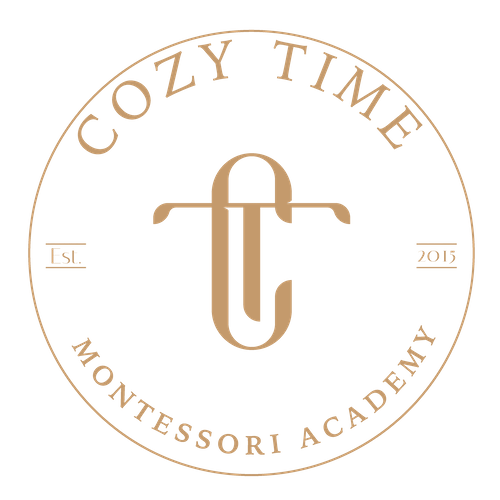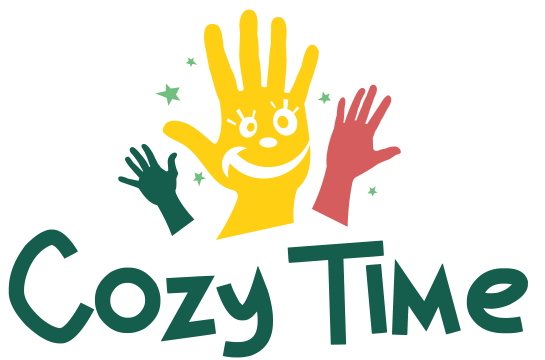Years ago, as I walked into a Montessori classroom for the first time, I was struck by the calm, focused energy of the children. I watched young learners moving freely around the room, deeply engaged in their chosen tasks. As a seasoned educator, I found this captivating and it sent me on a journey to understand the Montessori approach and its impact on child development.
Unlocking the Magic of Montessori
Montessori education is an alternative educational method founded by Dr. Maria Montessori over a century ago. The method, which champions independence, respect for a child’s natural psychological development, and freedom within limits, has been successfully implemented in schools worldwide and even within the cozy walls of our daycare in Toronto.
Underpinning the Montessori approach are principles that respect the child as an individual learner. The philosophy acknowledges that children learn at their own pace, encouraging self-initiated learning through exploration and discovery. This respect for individuality extends to all aspects of Montessori teaching, including the promotion of creativity and imagination.
Creativity and Imagination: Essential for Child Development
As children grow, they begin to understand the world around them. Fostering creativity and imagination during these formative years is critical in promoting cognitive development, problem-solving abilities, and communication skills. The Montessori method understands and emphasizes this.
My personal anecdote at the beginning of this article is a testament to the Montessori approach’s effectiveness. The children I observed were not merely playing; they were actively learning, creatively solving problems, and imagining scenarios, all while developing their cognition and communication skills.
Montessori’s Unique Approach to Fostering Creativity
Montessori’s approach to education is unique and transformative. The emphasis on practical activities and independent learning nurtures a child’s creative abilities. Within the Montessori classroom, children have the freedom to choose their activities, thus encouraging their curiosity and aiding in their discovery.
In our daycare centre in Toronto, we’ve seen firsthand how this approach can unlock a child’s potential. We’ve had children who, at first, were hesitant to participate, but with time and the Montessori method’s gentle encouragement, they began to explore, ask questions, and create. They developed an innate curiosity for learning, a testament to the power of the Montessori approach.
It’s important to remember that every child is born with an innate desire to learn and understand the world around them. By creating an environment that fosters this curiosity, we allow them to grow and develop into confident, creative individuals.
At Cozytime Child Care, we believe in the potential of every child. If you’re interested in learning more about our Montessori approach and how it can benefit your child, please contact us at (416) 602 3811.
Real World Applications of Montessori
Delving into my memory bank, I remember a day at Cozytime daycare in Toronto where the Montessori method was brought to life. The walls were adorned with colorful, imaginative art projects, children moved around freely, exploring various learning stations. All these were not by accident, but a conscious effort to foster creativity and imagination.
There are a plethora of examples that substantiate how Montessori education bolsters creativity and imagination. For instance, Google co-founders Larry Page and Sergey Brin attribute their success to their Montessori education, where they learned to be self-directed and to think differently.
Children at Cozytime daycare, too, start showing immense growth once they start learning through the Montessori method. Their creativity blossoms as they are given the freedom to explore and discover their own interests. They learn to solve problems, develop their motor skills, and learn to communicate effectively.
Demystifying Montessori Myths
Despite the proven benefits of the Montessori method, misconceptions persist, predominantly because it deviates from traditional education models. One common myth is that Montessori classrooms are too unstructured and lack discipline. In reality, the freedom given to children in a Montessori environment is structured and purposeful, enabling them to develop self-discipline and responsibility.
Another misconception is that Montessori education is only for the privileged. Cozytime daycare in Toronto, however, is a testament to the contrary. It offers Montessori education to children from diverse backgrounds, emphasizing that quality education should be accessible to everyone.
Nurturing Creativity through the Montessori Method
Observing the creativity and imagination of children at Cozytime over the years, I can vouch for the long-term benefits of nurturing creativity early on. Providing a Montessori environment where children are encouraged to explore, imagine and create is crucial to their holistic development.
The Montessori method’s emphasis on individual learning and exploration allows children to think outside the box, seeing the world from different perspectives. This ability to think creatively and independently is a skill that stays with them, preparing them for future challenges and opportunities.
Why Consider Montessori Education?
Reflecting upon the examples from Cozytime daycare, the debunked misconceptions, and the evident benefits of nurturing creativity, it becomes clear why parents and educators should consider the Montessori approach. It offers a holistic, child-centric way of learning that encourages creativity, independence, and a love for learning.
If you’re in Toronto and considering daycare options for your child, why not explore the wonderful world of Montessori at Cozytime? You can call us at (416) 602 3811 to learn more about our programs and how we foster creativity and imagination in every child.



